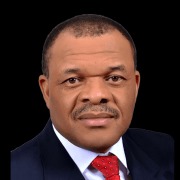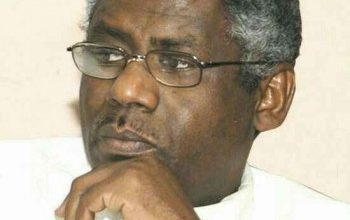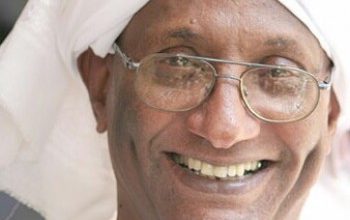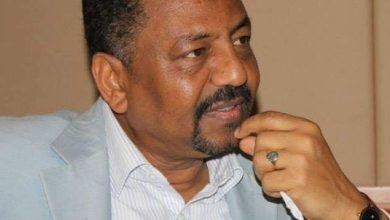What Turmoil in Ecowas Means for Nigeria and Regional Stability (5-9)

Nnamdi Obasi
Senior Adviser, Nigeria
Nigerian analysts who spoke with Crisis Group attribute Tinubu’s mismanaged response to the Niger coup to various factors. First, they say, was his apparently limited knowledge of the centuries-old relations between the peoples of the two countries: he comes from Lagos in the far south, and therefore may not have been especially attuned to northern Nigeria’s historical ties with Niger; he had not put his foreign affairs team together at the time of the putsch in Niamey; and he seemingly did not consult northern leaders widely. Furthermore, Usman Bugaje, former chairman of the House of Representatives committee on foreign affairs and former President Olusegun Obasanjo’s special envoy to Sudan (2000-2003), said the imposition of sweeping sanctions and threat of military action against Niger reflected a lack of understanding of “the situational problems” behind what he characterised as a “coup of liberation” from France that had significant popular support. When it came to Nigeria’s own politics, Tinubu did not give enough thought to the domestic implications of sanctions and the threat of military intervention.
The second factor, they say, was Tinubu’s eagerness that Western powers view him as the champion of democracy in the region. Some analysts assert that, in this respect, he may have been acting out of self-preservation. Elected with the smallest mandate of any Nigerian president since the country returned to democracy in 1999, and with his election then still under unfavourable scrutiny by international observers and dogged by legal challenges at home, Tinubu may have been trying to shore up his legitimacy. But his tough stance may also have been genuinely rooted in his own pro-democracy background: he participated in the National Democratic Coalition that campaigned against the late General Sani Abacha’s dictatorship, leading to his exile, in the 1990s.
Paris was particularly aggressive … in its response to the Niger coup.
Still a third element, Nigerian analysts say, was alleged influence from France. Paris was particularly aggressive (and counterproductively so) in its response to the Niger coup especially. Its very vocal support for ECOWAS’s hard line against the Nigerien coup leaders fuelled a narrative that ECOWAS under Tinubu’s leadership was being railroaded into an avoidable conflict with a neighbour, at the behest of Western powers. On 31 January, a group of six prominent, mostly northern-based civil society organisations sent a letter to Tinubu saying: “The current trajectory of ECOWAS under your leadership raises serious concerns. … [It] creates the perception that ECOWAS might be implementing a script influenced by external, imperialist interests, particularly from former colonial powers like France. This is really troubling”.
Former chairman Bugaje concurred: “There are reasons to suspect that there is a lot of overwhelming French influence in our foreign policy. … People have reasons to suspect that there is more than just the ECOWAS interest in this matter”.
This suspicion has deepened due to Tinubu’s repeated sojourns in Paris (at least four) since his election in February 2023, including his first international trip as president.



